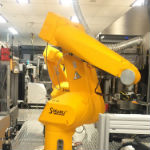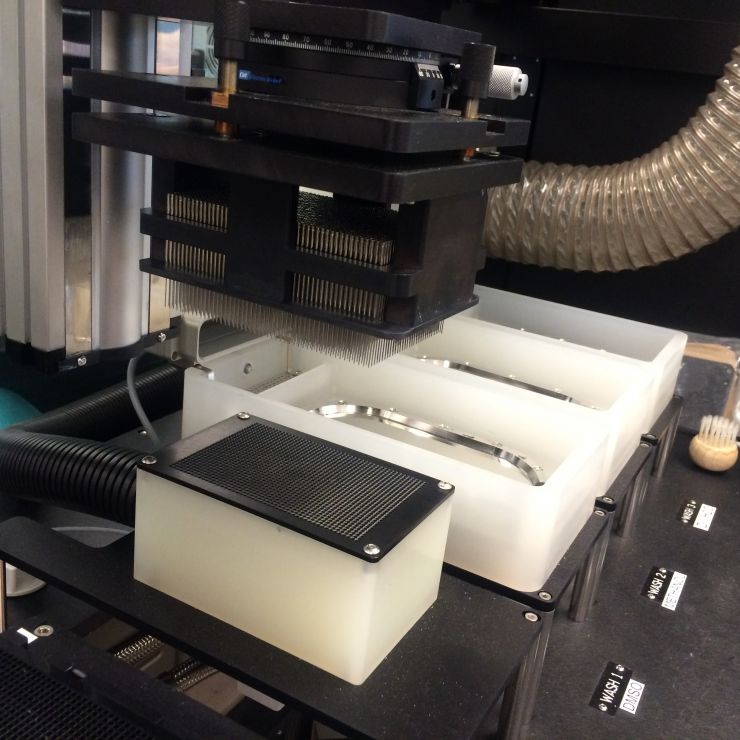Posted by Dr. Abbi L Engel on Jul 6, 2016

During a trip to the Orphan Drug Conference in Washington D.C., I met with Anton Simeonov, Ph.D., scientific director at the National Center for Advancing Translational Sciences (NCATS), which is part of the National Institutes of Health (NIH). NCATS tackles rare diseases through collaborative research to study the commonalities and underlying molecular causes of these disorders. This approach has the potential to speed the development of treatments for multiple diseases simultaneously and ultimately help more patients more quickly.
Simeonov discussed NCATS’ Division of Pre-Clinical Innovation (DPI), which features laboratories staffed with teams of biologists, medicinal and analytical chemists, automation specialists, and informatics specialists. I learned that one of the first steps in drug development and toxicity testing is creating test systems (assays) on which to evaluate the effects of chemical compounds on cellular, molecular or biochemical processes of interest.

NCATS researchers screen assays against hundreds of thousands of compounds a week using high-throughput screening robots (pictured). Typically, it might take weeks or months to test the same number of compounds in an academic setting. The ultimate goal is to develop probes, which help researchers further explore protein and cell functions and biological processes. These probes can become potential therapeutic candidates in the drug development pipeline.

Watch a video tour of the NCATS labs to learn more about the work that Simeonov leads. And, for more information on additional NCATS’ programs and initiatives that support rare diseases research, see the following: Rare Diseases Clinical Research Network, Therapeutics for Rare and Neglected Diseases, Genetic and Rare Diseases Information Center, and the Clinical and Translational Science Awards Program.
NCATS continues to seek collaborations for its work. Through such collaborations, the Center aims to improve translational science by developing new approaches, technologies, resources and models; demonstrating their usefulness; and disseminating the resulting data, analyses and methodologies to the broad scientific community. For more information, connect with NCATS and visit https://ncats.nih.gov.





Connect with us on social media